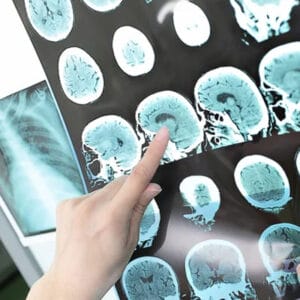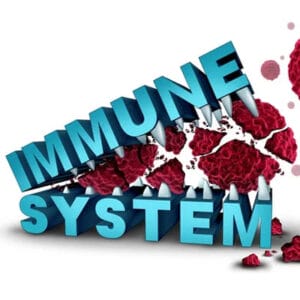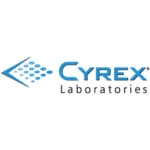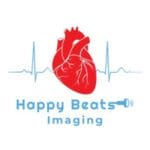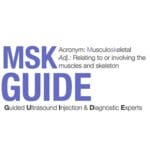Phoenix Medical Clinic Specializing in Stem Cell IV Therapy
First Stem Cell IV Clinic in Arizona
Whatever health obstacles you’re facing, our cutting-edge stem cell treatments aim to reduce discomfort, support healing, and restore function.
Want to know if Stem Cell Therapy will work for you?
Use our short Treatment Success Survey to find out more.
Dr. Jane Hendricks
NOTE: Unlike other stem cell clinics, our treatments are comprehensive and includes up to 6 months of follow up visits.

Chronic Health Conditions Affect 60% of Adults…
Traditional treatments offer limited improvement.
Sound familiar?
If your health is deteriorating, your overall quality of life can be severely impacted and future independence may be at risk.
We believe you deserve a healthy, vibrant life so you can fully engage in the activities you love and pursue your passions without limitations.
Get the Personalized Attention you deserve!
We understand how chronic health issues can negatively impact your quality of life and future prospects.
It’s why we dedicated ourselves to advancing stem cell therapy in Arizona.
At Stem Cell for Life, we work with each patient one on one to personalize the treatment to your health goals. We realize all patients are not the same and this is why we get superior results.

Stem Cell Treatments Repair and Regenerate
Start Your Personal Health Journey Now

#1. Discover Your Potential
Use our short survey to explore whether stem cell therapy is right for you.
Our carefully crafted questions will help us understand your unique situation and determine if you’re a good candidate for our treatments.

#2. Personalized Consultation
Schedule a one-on-one consultation with the doctor virtually or in person.
She’ll review your health questionnaire, discuss your health goals, and create a tailored treatment plan designed specifically for you.

#3. Begin Your Transformation
Start your personalized stem cell therapy program.
Our state-of-the-art treatments, combined with ongoing support and monitoring, will guide you on your journey to improved health and vitality.

#4. Embrace Your Renewed Health
Experience the benefits of your stem cell therapy. With the doctor’s one on one guidance, you’ll learn how to maintain your improved well-being, return to activities you love, and enjoy a higher quality of life.
Your transformation doesn’t end with treatment – it’s just the beginning of your revitalized future.



